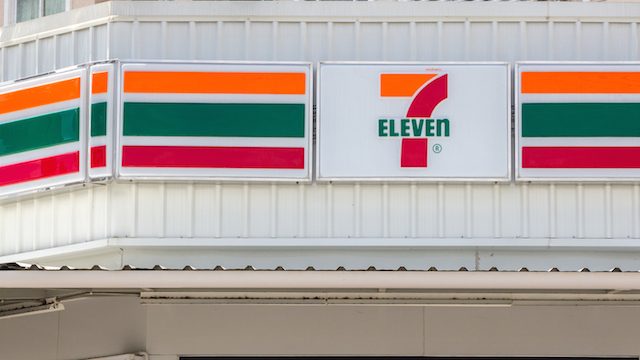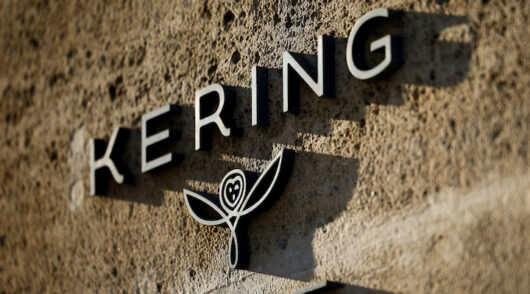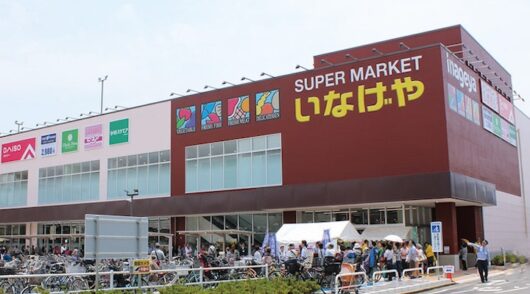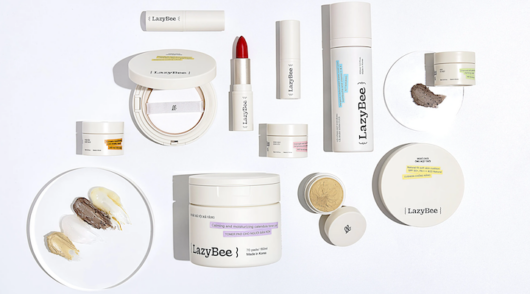Fresh foods helped 7-Eleven Singapore achieve solid sales growth last year despite subdued consumer confidence.
The convenience store’s Singapore operator, Hong Kong-based Dairy Farm International, revealed in its annual results overnight that positive like-for-like sales growth resulted from a store re-ranging project with a strong focus on ready-to-eat (RTE) meals, including the successful introduction of new private label products sourced from 7-Eleven Japan. Operating profit was “significantly ahead of 2015” due to these initiatives and the closure of loss-making stores.
Dairy Farm International said the RTE range will be further expanded in 2017 and there will be increased focus on acquiring new profitable sites.
Cold Storage sales slip
Dairy Farm International said sales at its Cold Storage supermarket chain in Singapore fell year-on-year due to continued poor consumer sentiment and the impact of store rationalisation. But the business achieved “an encouraging operating profit increase”.
Its Giant stores achieved steady sales and positive profit growth, driven by increased margins and lower operating costs. A new fresh distribution centre opened in May 2016.
CEO Graham Allan said in 2017 the company plans to invest in the renewal of customer facing and back office technologies in its Singapore grocery business to improve customer experience and internal efficiency while optimising ranges and supply chain productivity.
Guardian grows
Despite the weak consumer sentiment in the city, the company’s Guardian health and beauty stores achieved growth in both sales and operating profit.
Allan said the result was achieved through higher gross margins and a greater focus on cost and shrinkage management, partially offset by higher rental costs. A new SAP merchandising system went live smoothly in September.
Global performance
Globally, the Hong Kong-headquartered multi-format retailer celebrated its 130th anniversary with a strong set of results, with food, home furnishings and restaurants delivering higher profits.
Total sales, including those of associates and joint ventures, rose 14 per cent in US dollar terms and 17 per cent on a constant-currency basis to US$20.4 billion. Sales of wholly-owned subsidiaries rose 1 per cent to $11.2 billion.
Underlying net profit rose by 7 per cent to $460 million, partly due to a 13 basis point net improvement in operating margins as well as increased contributions from Yonghui and Maxim’s. Operating profit rose 6 per cent.
Total food division sales, which include Wellcome, Cold Storage, Jasons and Giant, were flat in US dollar terms, although up 1 per cent on a constant currency basis.
“In an environment of severe pressure on pricing, sales growth in Hong Kong supermarkets and in the convenience store businesses in Hong Kong, Mainland China and Singapore helped to offset declines in the group’s supermarkets and hypermarkets in Singapore and Indonesia and largely flat sales elsewhere,” explained Allan.
“The closure of a number of unprofitable stores in Singapore and Indonesia also weighed on sales performance. However, specific actions, including strategic store closures, prudent management of costs and more targeted promotional activity, delivered improved operating margins.’
Operating profit from the food division rose 13 per cent to $267 million, with the largest gains coming from Singapore and Indonesia.
Last year the entire group added a net 114 stores, despite a number of closures across its divisions. As at December 31, Dairy Farm International had 6548 stores in operation in 11 countries and territories, including its interest in 487 Yonghui stores in Mainland China.






